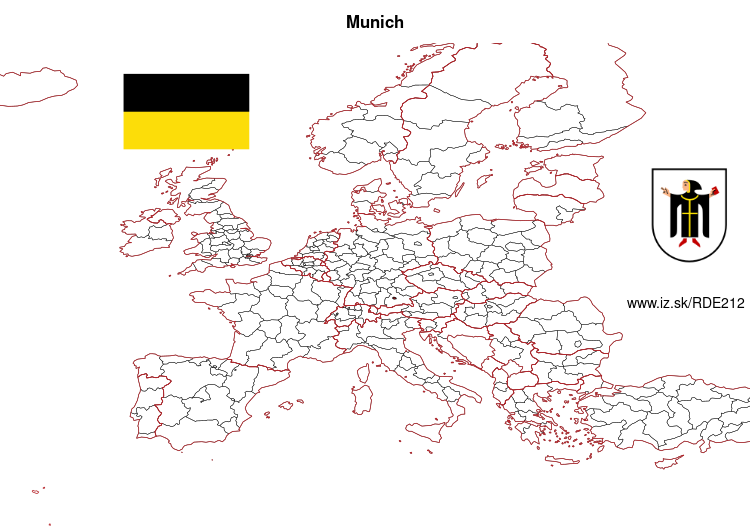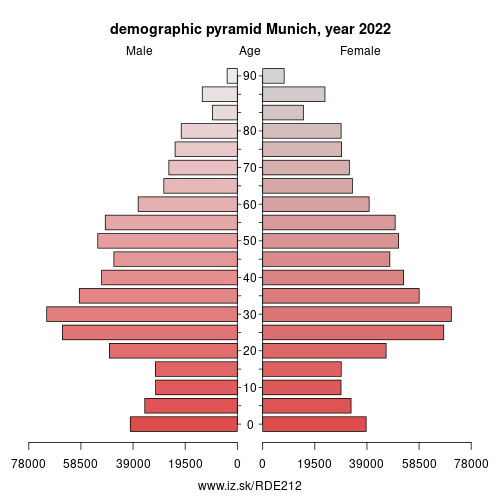- About us»
- Net income calculator»
- Population aging»
-
-
- Unemployment structure in the Visegrad region
- Development in least developed regions
- Detailed statistics of least developed regions in Slovakia
- Statistics of the least developed regions in Slovakia
-
- Average wage
- Material need benefits
- Meal allowance
- Counties of Slovakia
- Inflation
- Living and Subsistence Minimum
- Unemployment of Czechia and Slovakia
- NACE Classification
-
- Life expectancy
- Gender differences
- Youth unemployment and NEET
- Minimum wage in EU
- Unemployment rates of different age groups
- Share of salaries on GDP
- Unemployment rate
- Percentage of employees ususally working at nights
- Employment rate
- NEET
- Long term unemployment
-
- Bratislava and surroundings
- Kopanice
- Danube river
- lower Vah river
- middle Vár river
- upper Nitra river
- lower Nitra river
- Mining cities
- Kysuce a Orava
- upper Vah river - Liptov
- Spiš cities
- upper Hron river
- Juhoslovenská kotlina
- Košice fold and Torysa river
- upper Zemplín
- lower Zemplín
- EU regions
- NUTS3 regions of Slovakia
- LAU1 dataset
-
-
- Projects and activities
- Inclusive growth»
- Good work
- Project SKRS
- Social system – reality and vision
- Library
-
- Education of unemployed
- Young unemployed not taking part in education
- Proposal to change the system of education funding
- News»
- Contact
Munich – DE212
EU regions: Germany > Bavaria > Upper Bavaria > Munich

| Indicator | Period | Value |
|---|---|---|
| Gross domestic product | ||
| GDP per capita in PPS of EU average | 2023 | 234 |
Munich slovensky: DE212
Demographics
| Indicator | Period | Value |
|---|---|---|
| Demographics | ||
| number of inhabitants | 2025 | 1 505 005 |
| population density | 2023 | 4805.2 |
| old-age dependency ratio | 2025 | 24.5 |

From Wikipedia :
Munich ( MEW-nik; German: München [ˈmʏnçn̩] (listen); Austro-Bavarian: Minga [ˈmɪŋ(ː)ɐ] or more common Minna [ˈmɪna]; Latin: Monachium) is the capital and most populous city of Bavaria, the second most populous German federal state. With a population of around 1.5 million, it is the third-largest city in Germany, after Berlin and Hamburg, and thus the largest which does not constitute its own state, as well as the 12th-largest city in the European Union. The city's metropolitan region is home to 6 million people. Straddling the banks of the River Isar (a tributary of the Danube) north of the Bavarian Alps, it is the seat of the Bavarian administrative region of Upper Bavaria, while being the most densely populated municipality in Germany (4,500 people per km²). Munich is the second-largest city in the Bavarian dialect area, after the Austrian capital of Vienna.The city is a global centre of art, science, technology, finance, publishing, culture, innovation, education, business, and tourism and enjoys a very high standard and quality of living, reaching first in Germany and third worldwide according to the 2018 Mercer survey, and being rated the world's most liveable city by the Monocle's Quality of Life Survey 2018. According to the Globalization and World Rankings Research Institute Munich is considered an alpha-world city, as of 2015. Munich is a major international center of engineering, science, innovation, and research, exemplified by the presence of two research universities, a multitude of scientific institutions in the city and its surroundings, and world class technology and science museums like the Deutsches Museum and BMW Museum. Munich houses many multinational companies and its economy is based on high tech, automobiles, the service sector and creative industries, as well as IT, biotechnology, engineering and electronics among many others.
The name of the city is derived from the Old/Middle High German term Munichen, meaning „by the monks".
Other: Upper Bavaria, Altötting county, Berchtesgadener Land, Dachau, Eichstätt district, Erding, Fürstenfeldbruck, Landkreis Landsberg am Lech, Landkreis Mühldorf am Inn, Munich, Neuburg-Schrobenhausen, Landkreis Pfaffenhofen an der Ilm, Rosenheim, Starnberg, Traunstein, Weilheim-Schongau, Ingolstadt, Ebersberg, Freising, Garmisch-Partenkirchen, Bad Tölz-Wolfratshausen, Miesbach, Munich, Rosenheim
Neighbours: Fürstenfeldbruck, Munich, Dachau
Suggested citation: Michal Páleník: Europe and its regions in numbers - Munich – DE212, IZ Bratislava, retrieved from: https://www.iz.sk/PDE212, ISBN: 978-80-970204-9-1, DOI:10.5281/zenodo.10200164

 Share
Share Facebook
Facebook Twitter
Twitter News
News